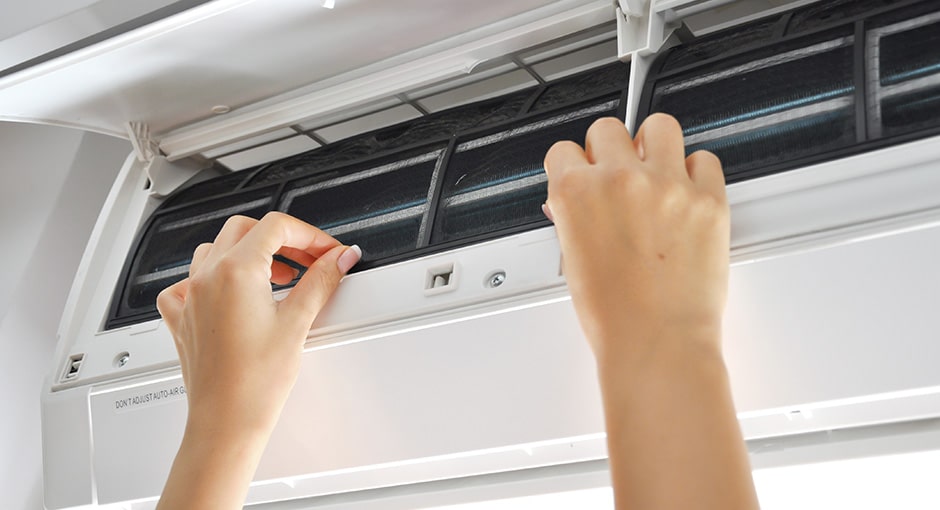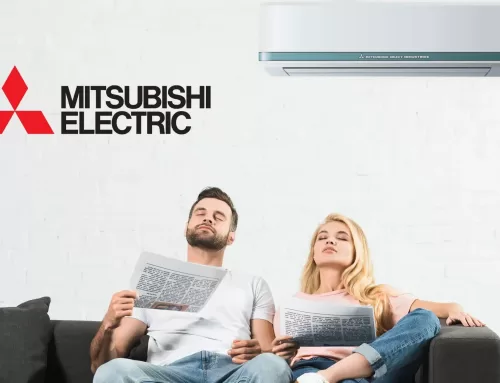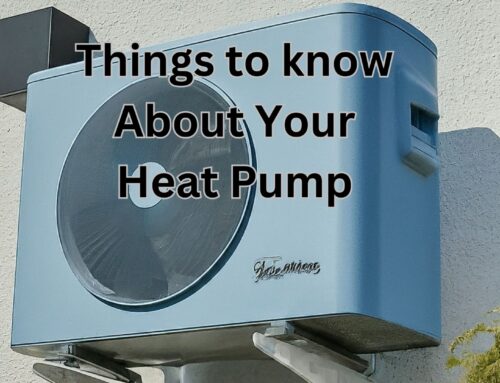Keep your Mitsubishi heat pump running at peak efficiency and performance by regularly cleaning its filters. The filters can get clogged with dust, grit, and other debris over time, restricting the passage of air through the system. Cleaning the filters is a straightforward task that can be done by anybody with a few commonplace items.
Following these steps will ensure that your Mitsubishi heat pump continues to function properly.
Before cleaning the filters, make sure the power is off at the circuit breaker or by removing the device from the wall.
Find the filters: To get to the filters, open the front panel of your Mitsubishi air conditioner. Most of the time, you’ll find them concealed behind a discreet panel.
Take off the filters: Pull each filter out of its housing carefully.
Vaccum each filter to get rid of any dust or debris that has settled on either side.
After vacuuming, run each filter under running water to get rid of any dust and dirt that might still be on it. Use cold water instead of boiling, since the latter might shrink the filter material.
Let to dry – After removing the filters from their housings, shake off any remaining water and set them aside to dry before replacing them.
Once the filters are dry, put them back in their housings and make sure they are on tight.
Power back on – To finish up, flip the breaker back on or reconnect the plug to the wall.
If you follow these tips, your Mitsubishi heat pump will run at peak efficiency and performance all year. Every three months is the minimum interval between filter cleanings for optimal performance.

Isn’t it better to have a professional HVAC technician do maintenance to keep your guarantee in effect?
If you’ve just invested in an HVAC system, keeping the warranty intact requires regular servicing. If you don’t keep up with the required maintenance as specified by the manufacturer, they may void your warranty. Having a professional HVAC contractor perform maintenance on your system is recommended for the following reasons:
Expertise and knowledge An HVAC professional has the expertise and knowledge to maintain your system. They are able to spot concerns before they escalate because they know what to look for.
Maintenance activities like cleaning coils, monitoring refrigerant levels, and inspecting electrical connections all require specific tools and equipment, which a professional contractor will have on hand.
Manufacturer specifications must be met for the guarantee to stay in effect, and many of these manufacturers stipulate that only a certified technician execute any necessary maintenance. You may guarantee your building meets these standards by hiring an HVAC professional to carry out the necessary maintenance.
Benefit from having confidence that your system will last for years to come and continue to perform as intended thanks to regular expert maintenance.
Overall, if you want to keep your warranty valid and make sure your system is operating at optimal performance levels, you need to have a skilled HVAC contractor do routine maintenance on your system. Getting in touch with a seasoned HVAC business like ours now might save you money in the long run.
How frequently should I clean the filters in my Mitsubishi heat pump?
If you want to get the most out of your Mitsubishi heat pump and keep your utility bills down, you should clean the filters every three months. But, if you happen to reside in a region notorious for its abundance of dust, pollen, or other airborne particles, you may want to clean your filters more often.
My heat pump comes from Mitsubishi; may I use soap and water to clean the filters?
Cleaning the filters for your Mitsubishi heat pump with soap or detergent is not advised since it might compromise the integrity of the filter material. Shake off any excess water and let the filters air dry before replacing them in their housings, but first give them a thorough rinsing under running water to remove any remaining dirt and debris.
When should I clean the filters in my Mitsubishi heat pump, and what will happen if I don’t?
Your Mitsubishi heat pump’s performance may suffer if the filters aren’t frequently cleaned since they will become clogged with dirt and debris. Because of this, your system may have to work harder than necessary, increasing energy usage and your monthly costs. The compressor in your system may overheat if the filter were unclean, leading to expensive repairs down the line. Doing routine maintenance is essential to extending the life of your equipment.






Leave A Comment